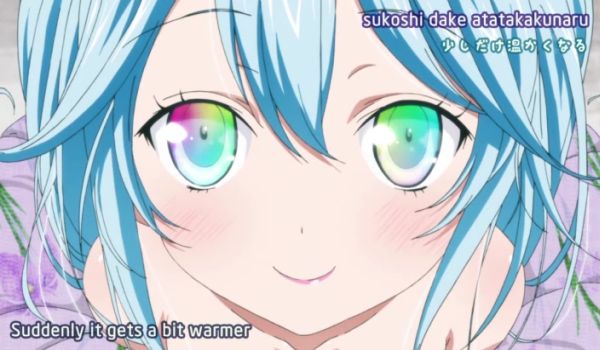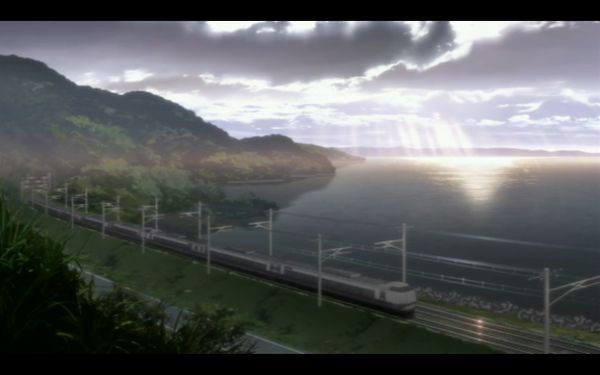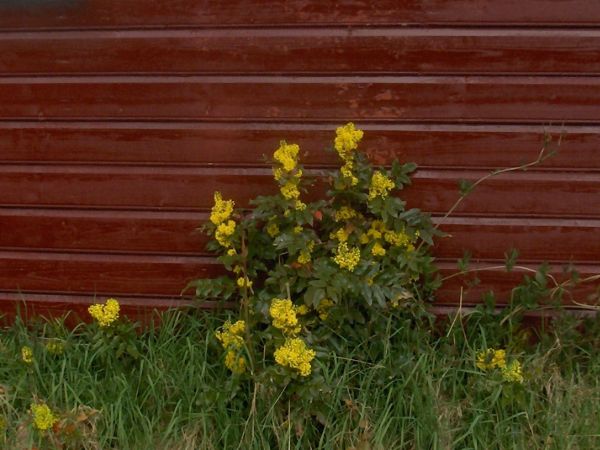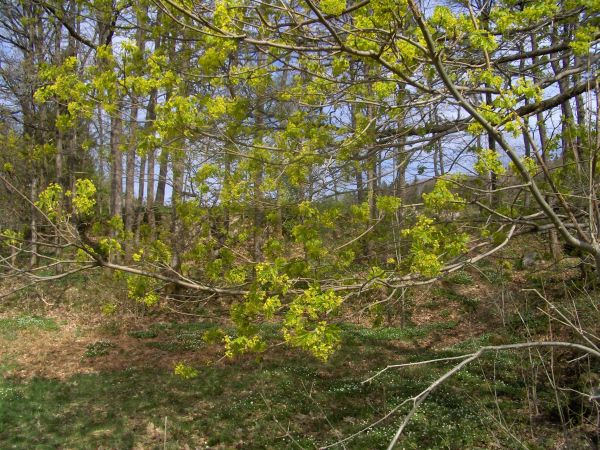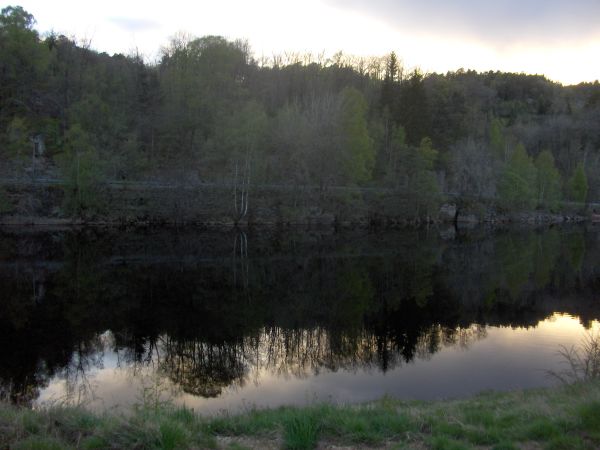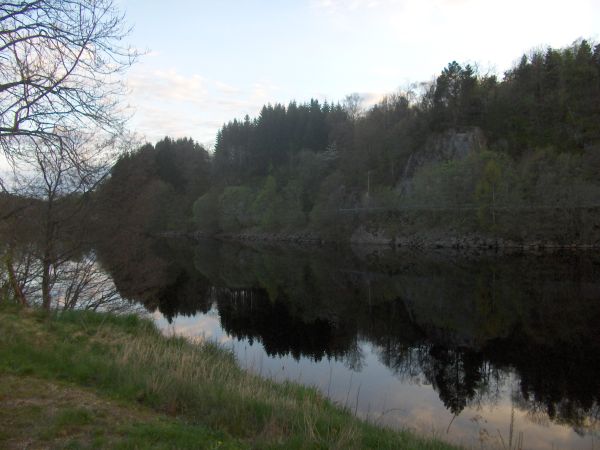These flowers are not only white as snow, they also smell wonderful: Sweet as honey but fresher, like a perfume best suited for an innocent young woman in the last spring of her virginity. Unfortunately, my words are not nearly as sweet as that!
If I skip updating a day or two or ten, it is not because I have nothing to write. I have more to write than I could write in a lifetime, is how I feel. In fact, I often write one or two entries on such a day, but I don’t publish them. That’s usually not because I write about some deep, dark secret. Rather these days I tend to write about high, bright secrets.
Regular readers will know that I have what I call a “Voice in my heart”. It is not even a literal voice, but more a guidance or inspiration. Exactly how concrete or voice-like it is varies, actually, but it does not go further than specific thoughts formed into words, and often not even that far. Â Anyway! If it were up to that Presence, I could write about spiritual things every day for the rest of my natural life, and never run out of inspiration. Actually, I don’t think the Presence ever said that, but that is my impression. And that is how it works in other people who have acknowledged their Presence, by whatever name. If they stop writing, it is not because everything is said, but perhaps because not everything can be said.
So I could make this into a full-time spiritual blog, and have a pretty exciting time writing it too, since the Presence is really good at explaining things to me. But I am not worthy. That would give a completely wrong picture of me. I am not a spiritual person really. Yes, I have more interest in these things than the average person, and a more relaxed attitude to riches and status in this world. But that does not take much these days, I’m sorry to say. And I am no saint. I play computer games pretty much every day. I have never heard of saints playing City of Heroes or The Sims 2 ! There are various other things I do as well. It is not an extraordinary life. Unusual, for sure, but not impressive.
And that is only part of it. There is also the problem that I am not transparent enough to be absolutely sure I don’t distort the Truth. If I was more pure of heart, in the widest possible sense, I could still be sure that what I wrote would benefit others, even if it had not yet benefited myself. But I may still be mistaken in various things. I may be quietly substituting my own thoughts and not notice it. I cannot risk writing about everything I have not tried or at least seen, and perhaps mislead another soul. The danger is too great.
Finally, there is the risk of capsizing. When a ship has too much sails and not enough ballast, it may capsize, keel over. Â This can also happens to humans who don’t have enough ballast. Â To be safe, we should (as Ryuho Okawa says, but it is still true) be like an iceberg, with at least 80-90% under the surface. We should in other words only share a fraction of what we truly know, so that if need be, we could expose far more, and so that we can speak with a certainty that come from a wide and deep knowledge, far beyond the few words we share. Â Needless to say, this is not always (or even usually) the case for me either.
Even this I have written several times before, in various forms, but I am not sure if I have uploaded it. Probably not for a while at least. But this time I will. So there you have it. The temptation of brightness.


